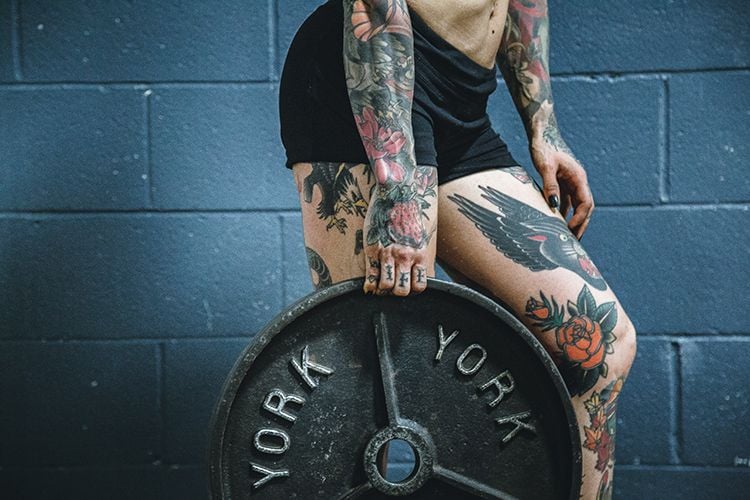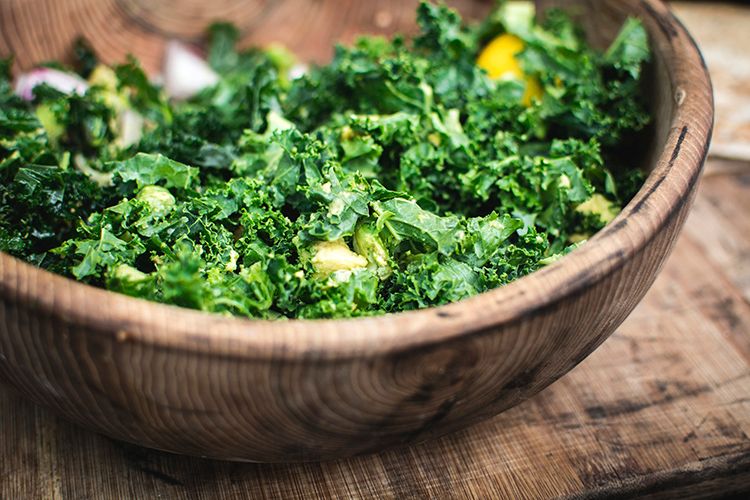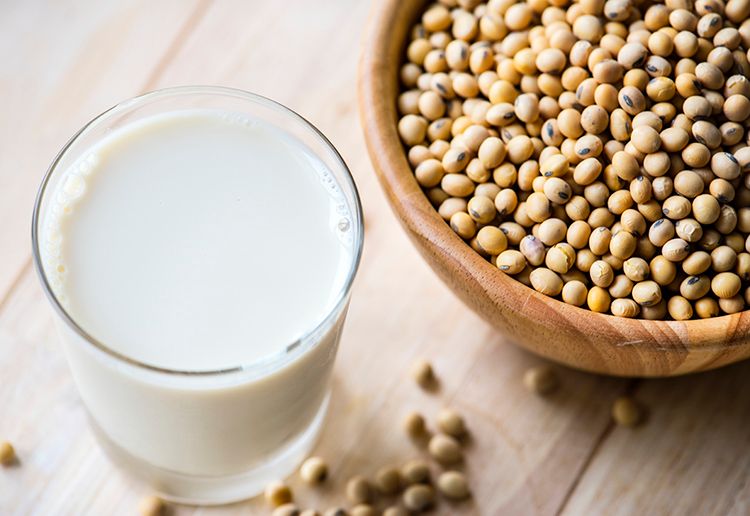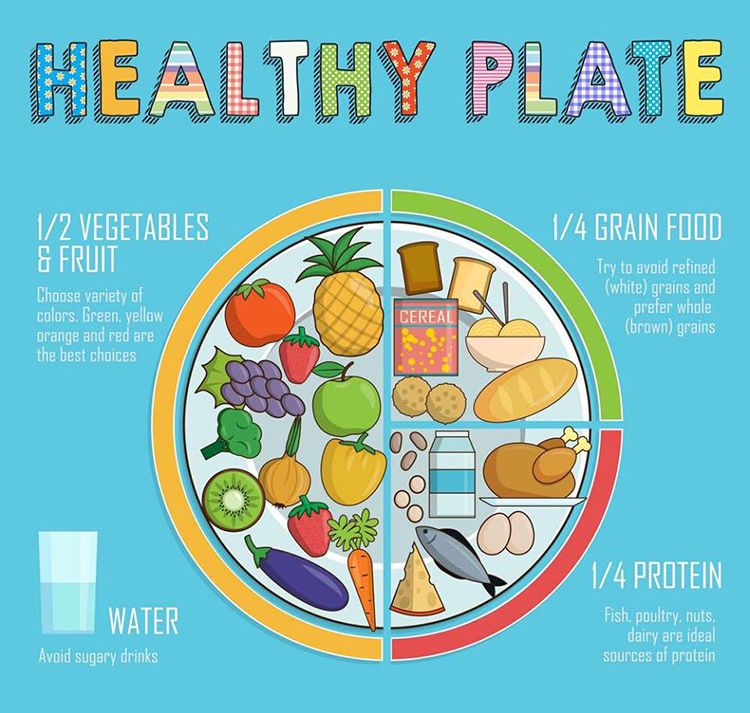Where Do Vegans Get Their Protein From?
Posted on

Ah the question so widely asked of vegans on a daily basis. “Where do you get your protein from?”
Despite such widespread concern for our dietary choices. I’m willing to bet you’ve never heard of a vegan that has died from protein deficiency?
In addition to the previous point, I would be surprised if you have ever heard of rhinos, gorillas, elephants etc. supplementing their diets with meat for fear of withering away.
It is possible to obtain all the protein you need to live healthily and happily on a plant-based diet. Here are just a few ways you can hit your protein intake for the day.
Natural Sources of Protein

Lentils
Any type of lentil; red, split, green, puy or otherwise is loaded with protein. Per 100g of lentils you can expect to consume around 8-9g of protein. They make for a seriously good curry too!
Beans
The staple of the student diet and yet incredibly nutritious. When you crack open your next tin of baked beans, you can expect around 5g of protein. Other types of beans such as pinto, or black-eyed etc are also great and contain around 7-10g of protein per 100g.
Chickpeas
Chickpeas are one of my favourites. Mainly because it helps me to justify the amount of hummus I eat. There is 7g of protein per 100g of chickpeas so don’t ever let anyone put you down for your love of hummus.
Quinoa
Okay, a bit fancy perhaps but it’s only fancy because of how incredibly healthy it is. While you only get around 4g of protein for every 100g of cooked quinoa. It is a complete protein meaning you get all 22 of the essential amino acids you need in your diet.
Nuts and seeds
Nuts and seeds are fantastic. Some make a great standalone snack, others make for a great supplement that you wouldn’t even notice. In a lot of cases, you can expect between 3-5g of protein per tablespoon. One of our particular favourites is Chia Seeds for their range of health benefits. You can even use them as an egg replacement!
Oats
Oats are respected as a wonderful carbohydrate to include in your diet, but did you know that per 100g of oats, 10% (10g) of that is protein? What better way to start your day! I usually have a bowl of porridge with almond milk and dried fruits in the morning but there are so many options to try.
Vegetables
Yep, vegetables have protein too. Broccoli, Cauliflower, Kale, Spinach as well as many others have between 1.5-2g of protein per 80g but we don’t tend to hear about that! (More on that later).
Brown and Wild Rice
per 100g of rice you can expect 4g of protein. If you’re on a budget, rice is perfect for slow release energy, fibre and protein. Making it a favourite among gym goers and meal preppers everywhere.
Other Sources of Protein

Seitan
Seitan is made from gluten, so if you are on a gluten-free diet this certainly doesn’t count. If you’re not, this delicious ingredient is packing 25g of protein per 100g. That’s huge! Not only that, but it’s also a great source of selenium, iron, calcium and phosphorous. (It makes for a great vegan kebab!)
Tofu
Made from soybeans and as previously mentioned in this post… beans are great for protein. Again, you can find all the essential amino acids you need in tofu. Typically containing around 10-19g of protein per 100g, you won’t be dying of protein deficiency any time soon. Most complain it’s quite bland - Try drying it out, coating it in cornstarch and adding any mix of flavours to it before frying it off and tell me if you change your mind.
Nutritional Yeast
We LOVE nutritional yeast and as the name suggests - it certainly is nutritional. If you get fortified nutritional yeast, there is 14g of protein per ounce, as well as fibre, magnesium, copper, zinc and a whole array of B-Vitamins including vitamin B12 which we covered in an earlier blog post. Did I mention it tastes like cheese?
Soy Milk
While plenty of other plant-based milks contain protein too, soy milk really goes the extra mile with 7g of protein per cup. I tend to mix mine with a plant-based protein powder to significantly up my protein intake so there are plenty of options here to hit your goals.
Why Do We Need Protein?
Protein is essential in muscle repair and growth. Your skin, hair, muscles and organs all require protein to maintain themselves. Especially if you are exercising.
The main difference between meat protein and plant-based protein is the type you are consuming. They are divided into two different categories. Complete and incomplete. This is in relation to the amino acids contained in the protein. On a plant-based diet, it is harder to find complete proteins, but as previously mentioned; seitan, tofu, nutritional yeast and other sources do contain all the amino acids you need to sustain yourself.
So Why Is It Assumed Vegans Don’t Get Enough Protein?
You may remember, back in the day when you were learning about nutrition, a certain pie chart that depicted what was accepted as a ‘healthy’ diet:

As you can see, the main sources of protein we were educated to believe were healthy consisted of meat, fish and dairy primarily (and nuts in this case).
The meat and dairy industries hold a lot of sway over how dietary benefits are marketed to us and while they do contain protein, this pie chart also fails to mention the cholesterol and unhealthy fats that come as part of this ‘healthy diet’.
The fact that we believe that meat and dairy are the only sources of protein available to us is a matter of how they have been marketed. We have grown up believing that they are the only reliable source that will sustain us when this is simply not the case.
I hope this post has highlighted to you that there are more sustainable and healthy ways of reaching your protein intake. As a vegan, I am currently training at the gym and consuming around 140g of protein each day to hit my goals. While I am far from where I aim to be, I have made tenfold the amount of progress than when I was training on a meat diet, mindlessly consuming meat and dairy because that’s where I was told to find my protein.
Now, I am far more conscious of my eating decisions and am finally starting to reap the benefits of a more healthy and sustainable diet choice.
there are a number of vegan bodybuilders who have hit their goals and are showcasing that you don’t need meat to get those ‘gains’. You can find inspiration on the Instagram hashtag #veganfitness
Are you benefitting from a vegan diet? We’d love to hear your stories! Share your journey with us on the hashtag #HBivore
Follow us on Facebook and like us on Instagram to keep up to date with our latest recipes, news and content!
Written by Jack Ricketts
-Him-Bivore
Marketing has always been my career focus. I am striving to promote a plant-based lifestyle to the masses through positive campaigns and sharing the benefits of veganism. The animals, and the planet, need us more than ever to make a change.
You can find me on Instagram
